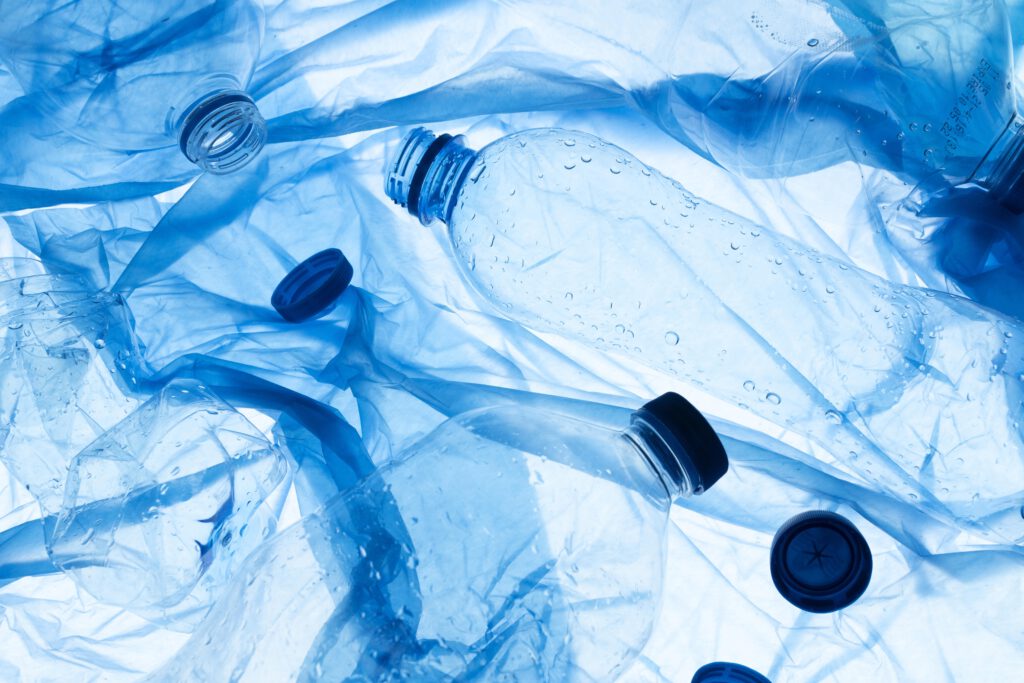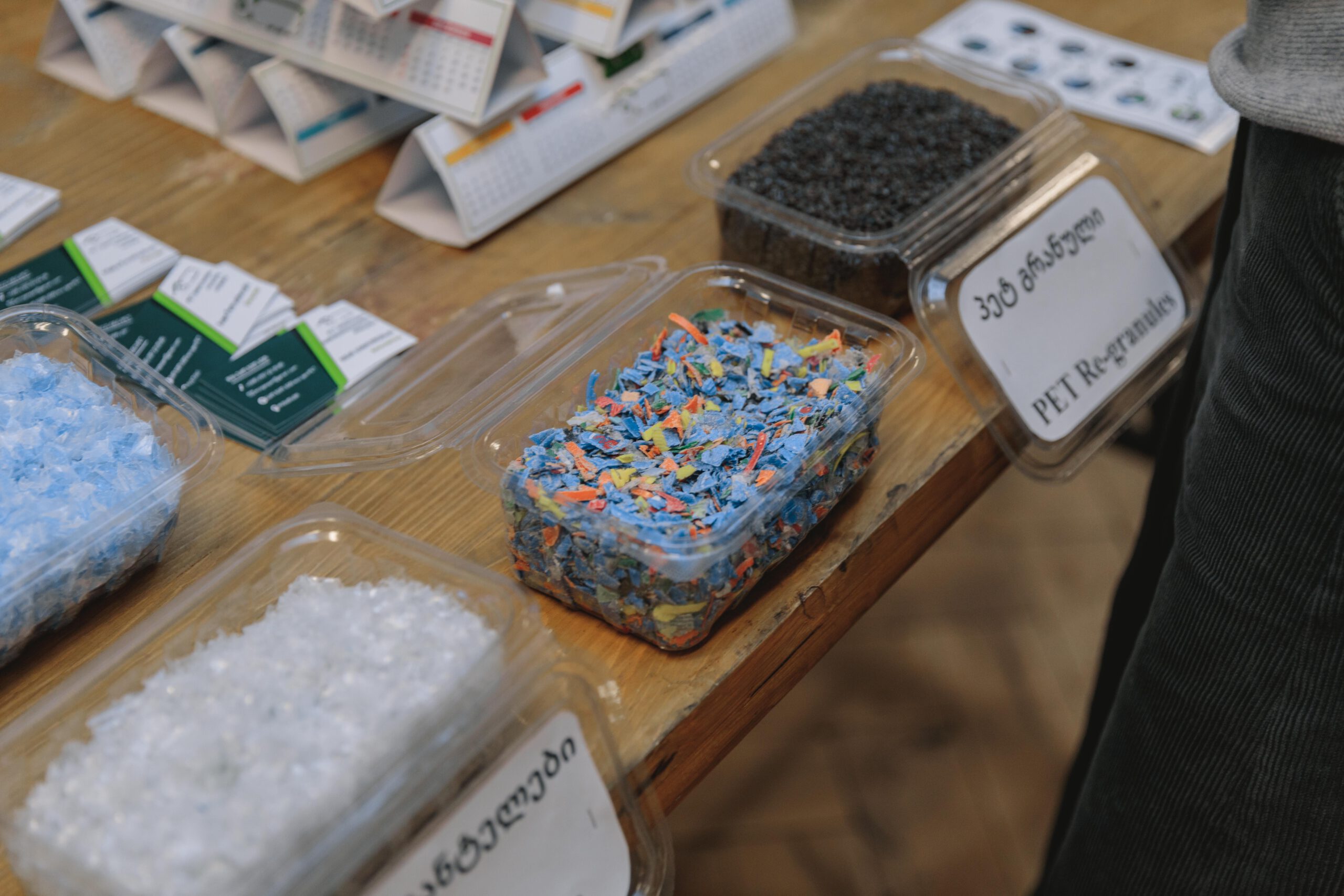Duration: 01/01/2021 – 01/12/2021
Geographic area: Georgia
Implemented by: CENN
Donor: Embassy of Norway in Georgia, the Norwegian Ministry of Foreign Affairs
Georgia’s waste management legislation place waste prevention, reusing, and recycling at the top of its objectives, which the country must implement in the near future. However, reusing and recycling end-of-life plastics remains quite low, landfilling rates are high and demand for recycled plastics is also quite low in Georgia.
CENN assisted the Government of Georgia/Ministry of Environmental Protection and Agriculture (MEPA) in developing the NPWPP. The project worked nationwide. Central state and local authorities in the big cities of Georgia were involved in the project implementation process as part of a working group, which was led and coordinated by MEPA. The document was also discussed with the private sector, civil society, and international organizations. The project also ensured capacity building, education, and awareness-raising of various stakeholders, including the GoG, the business sector, and the general public on the importance of plastic prevention and proper management of plastic waste.
The objective of the project was to develop the NPWPP via a multi-stakeholder participatory process to meet the requirements of the national legislation and the EU-Georgia AA and increase stakeholder awareness on the importance of plastic waste prevention.

Circular economy
and resource
efficiency
Due to the program’s support, the NPWPP has been developed, which reflects the opinions and visions of all main actors involved in the plastic value chain in Georgia. The document includes a 10-year strategy and 5-year action plan and is in line with the requirements of the EU-Georgia association agreement and EU Green Deal. It sets out plastic prevention targets and identifies appropriate measures to address the production and consumption patterns of plastic products.
The project succeeded to reach a consensus at a political level among the main stakeholders to reduce plastic pollution by implementing the NPWPP.
A nationwide communication and informational media campaign have been conducted, which increased awareness of more than 174,000 people (stakeholders and the general public) about the benefits of plastic waste prevention and the importance of the NPWPP. Specifically, the project media campaign resulted in more than 50 publications in online and printed magazines and social media, 5 TV programs, 2 infographics, and 2 videos. Two online competitions – beat plastic pollution for photographers, journalists and bloggers have been conducted in cooperation with MEPA, the Photo School, and the business sector – Toyota Caucasus, Gulf Georgia, and Carrefour Georgia. A total of 30 photographers and 32 journalists and bloggers participated in the competitions.
